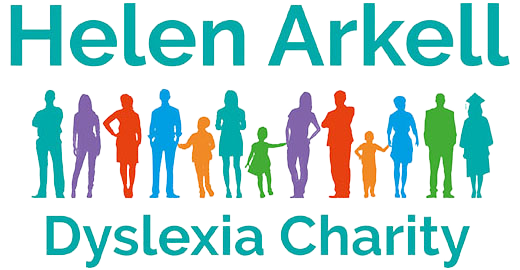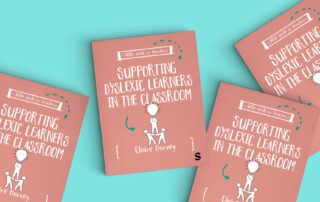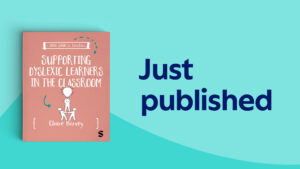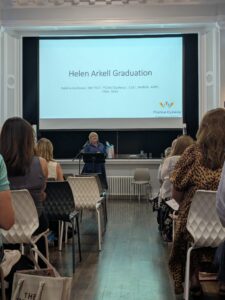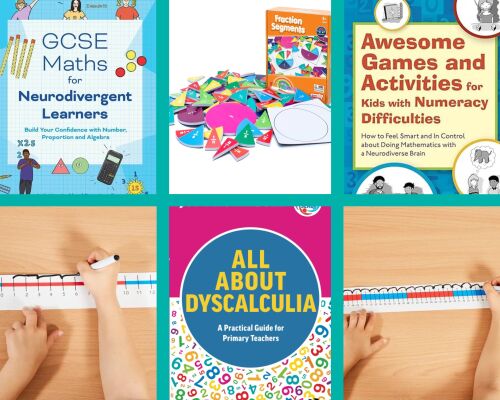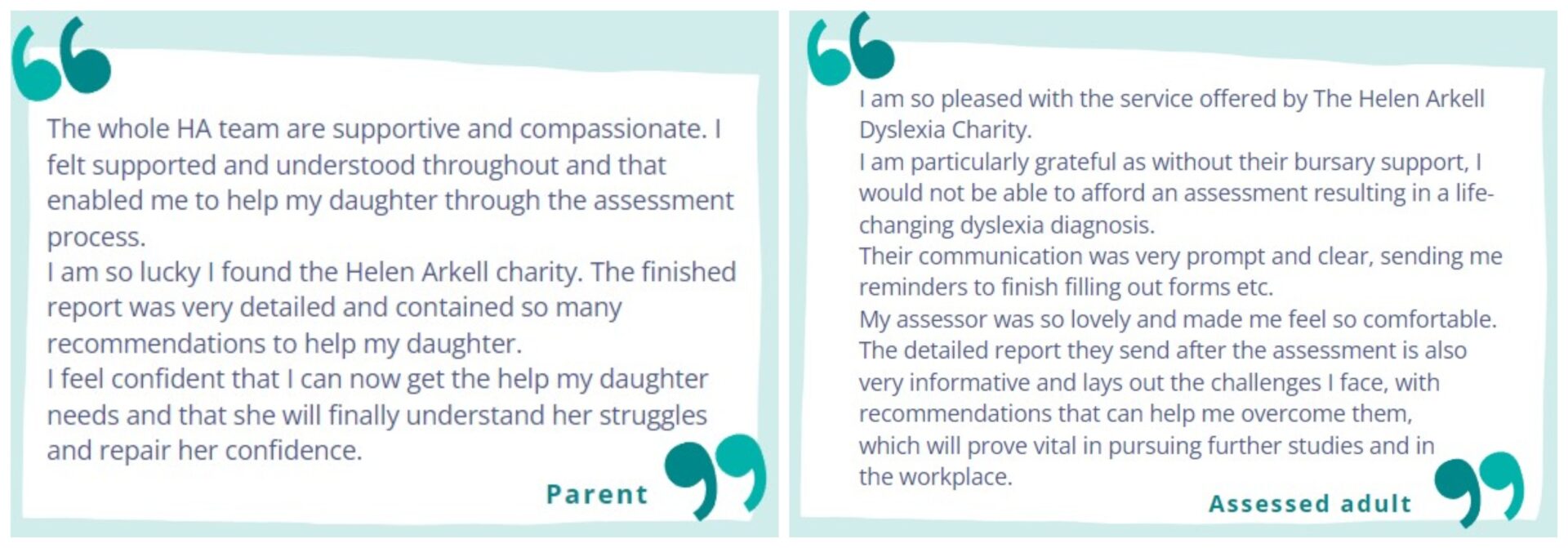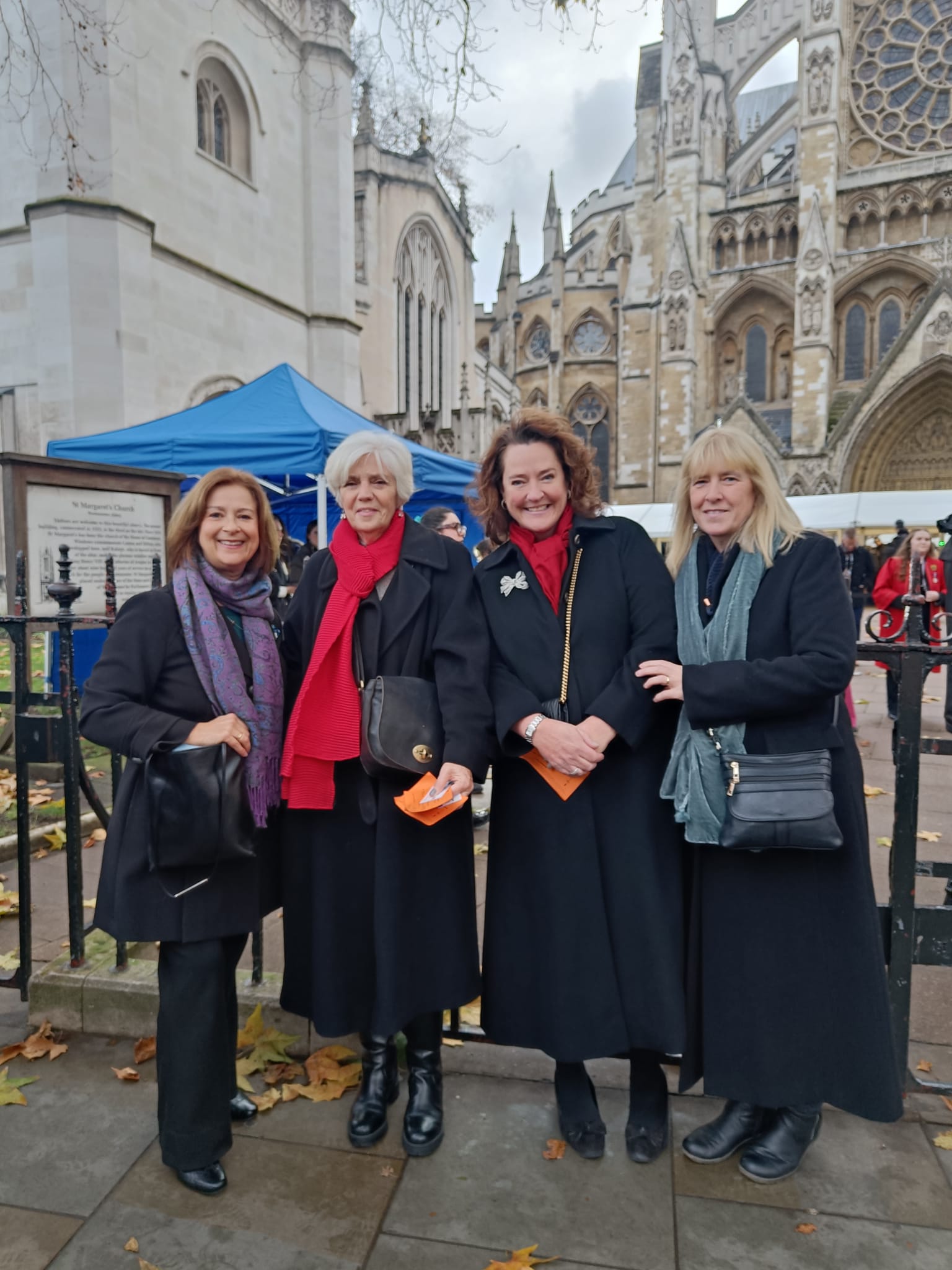Articles written by members of the Helen Arkell Dyslexia Charity team covering dyslexia, other specific learning difficulties, neurodiversity and related issues.
Haslemere Charities Fair
Helen Arkell will be attending the much-loved Haslemere Charities Fair on Sunday 23rd November.
The event will run from 10am to 2pm at the Haslemere Hall.
This fun Christmas event is FREE to enter for the public, making it more accessible than ever.
Expect a festive atmosphere filled with handcrafted gifts, homemade cakes, and plenty of opportunities to support local charities, including ourselves. There will be the newly refurbished lounge annexe and café for visitors to enjoy a warm drink and light snacks while browsing.
We’re proud to be part of this community event and look forward to seeing you there!
Pop along and say hi!
